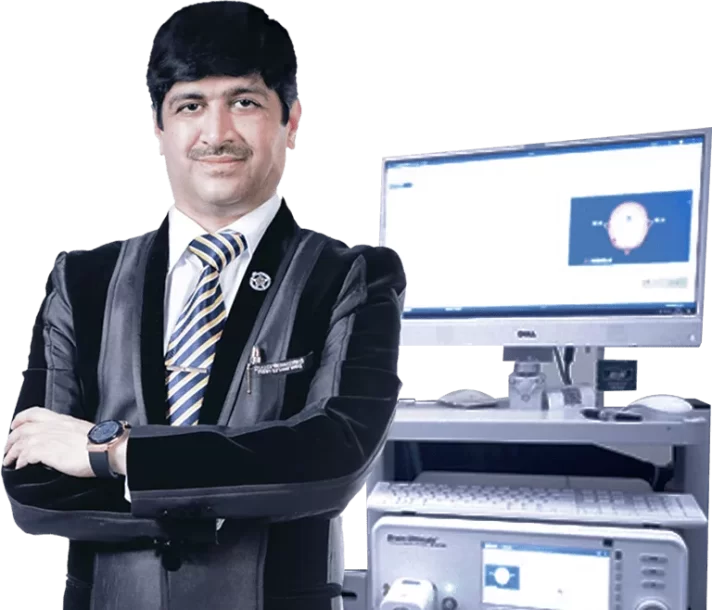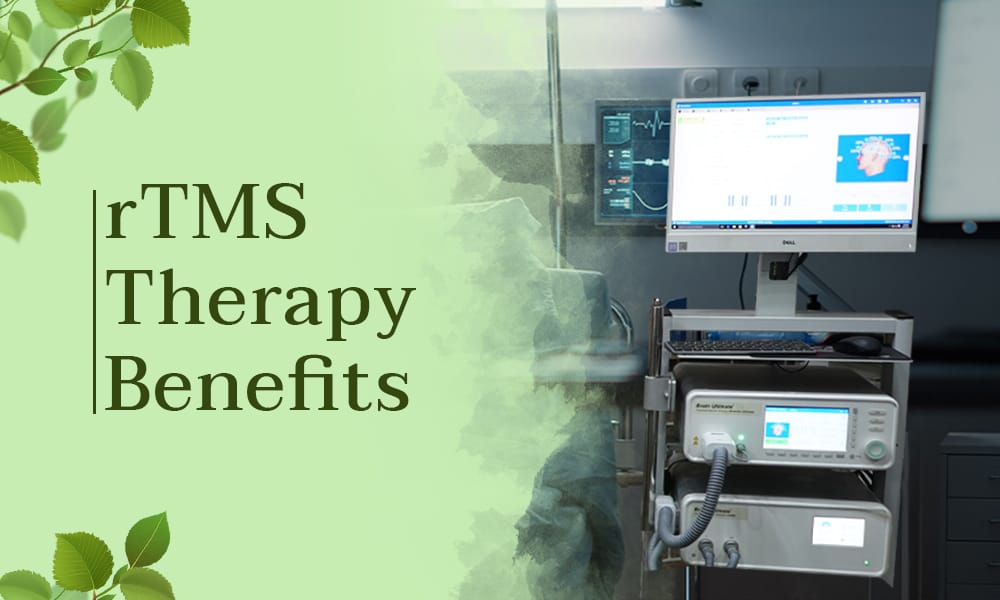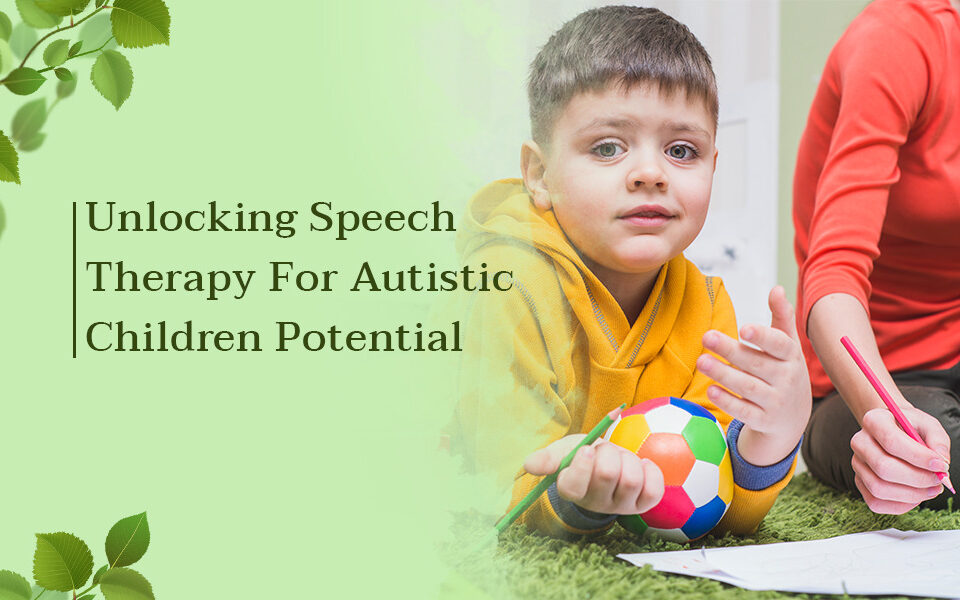- Jofa Tower 5th floor, SB-23, Block 13 C, Main University Rd, Gulshan-e-Iqbal, Karachi.
- +92 322 3746726
- tis@transformation.com.pk
Repetitive Transcranial Magnetic Stimulation (rTMS)therapy benefits

Autism in Childhood
August 4, 2023
Drug Rehabilitation Clinics
August 10, 2023Depression separates you from what really matters. Your family and friends, your passions, and your life. Some mental problems can disable sections of your brain permanently, making it difficult to imagine a route out. Repetitive Transcranial Magnetic Stimulation (rTMS) is a non-invasive treatment that Advanced Neurology Epilepsy uses to reconnect your neural networks.
rTMS uses MRI strength pulses to improvise depression safely. Using magnetic pulses to stimulate parts of the brain associated with mood, this treatment can also help people limit their pain, compulsions, addictions, and other dysfunctional pathways. Dr. Imran Yousuf and Transformation Wellness Clinics are internationally recognized by the Clinical TMS Society USA and officially provide Repetitive Transcranial Magnetic Stimulation (rTMS) in Pakistan.

rTMS services in Karachi
What are rTMS Therapy Benefits?
As a non-invasive neuromodulation approach, Repetitive Transcranial Magnetic Stimulation (rTMS) therapy has several advantages. It sends repeated magnetic pulses to particular parts of the brain to control neuronal activity.
Non-Invasive:
rTMS, like standard TMS, is non-invasive, which means it does not necessitate surgery or anesthesia. A magnetic coil is placed on the scalp, which creates repeating magnetic pulses to activate specific brain areas.
FDA-Approved for Multiple Conditions:
The FDA has authorized rTMS for the treatment of serious depression and obsessive-compulsive disorder (OCD) in patients who have not responded well to conventional therapies. It offers a helpful alternative for people suffering from treatment-resistant illnesses.
Potential for Off-Label Applications:
rTMS is being explored and utilized off-label for a variety of illnesses, including Anxiety Disorders, Post-Traumatic Stress Disorder (PTSD), Schizophrenia, Stroke, Parkinson’s & other neurological and psychological conditions.
rTMS Therapy for Obsessive-Compulsive Disorder (OCD):
Obsessive-compulsive disorder (OCD) symptoms may be improved with rTMS. If medicine and psychotherapy have failed to help a person with OCD, rTMS is recommended. Increased activity between the prefrontal cortex and the striatum is common in people with OCD. This hyperconnectivity has been linked to severe OCD symptoms. rTMS can be used to reduce OCD symptoms by inhibiting activity in this area of the brain.
rTMS therapy for anxiety:
Because rTMS is used to treat psychological problems such as depression and OCD, it may also help with anxiety. This is due to the fact that these illnesses frequently generate anxiety symptoms. rTMS might potentially help with generalized anxiety disorder (GAD). Anxiety frequently causes increased nerve cell activity in the prefrontal cortex.
rTMS for Post-Traumatic Stress Disorder (PTSD):
rTMS was found to be useful in treating post-traumatic stress disorder (PTSD). rTMS, as previously said, can target the prefrontal cortex, which controls how you interpret fear and worry.
rTMS for stroke rehabilitation:
A stroke occurs when blood flow to the brain is blocked or reduced, causing brain cells to die. This can result in long-term muscular mobility loss. Using rTMS after a stroke may aid in motor rehabilitation. The magnetic impulses are thought to affect the activity of the motor cortex, the portion of the brain that regulates voluntary movement.
rTMS for schizophrenia:
Schizophrenia is a persistent and typically severe mental illness. Auditory hallucinations are a common sign of the disease. A 2019 review found that targeting the temporoparietal brain may be effective for auditory hallucinations. In schizophrenia, this portion of the brain, which is involved in language, is often hyperactive.
rTMS for Parkinson’s disease:
Parkinson's is a neurological condition. It produces motor dysfunction, such as tremors, imbalance, and gait freezing. Gait freezing happens when you feel frozen and unable to move when walking. According to 2020 research, rTMS may help with this. The researchers claim that rTMS normalized the connections between areas of the brain implicated in gait freezing.
Localized and Targeted Treatment:
rTMS enables for exact targeting of certain brain locations. This concentrated stimulation has a lower influence on nearby brain areas, lowering the chance of undesired side effects.
No Systemic Side Effects:
Because rTMS does not entail drug intake into the body, it does not have the systemic side effects that pharmaceuticals usually have.
No Cognitive Impairment:
rTMS, in contrast to electroconvulsive treatment (ECT), does not produce cognitive impairment or memory loss, making it a more appealing alternative for certain patients.
Outpatient Procedure:
rTMS is commonly administered as an outpatient procedure, and patients can resume their normal activities immediately following each session.
Well-Tolerated:
The majority of patients tolerate rTMS well. Minor and temporary side effects, such as scalp soreness or minor headaches, are the most prevalent.
Positive Response Rates:
Many people suffering from treatment-resistant depression or other illnesses benefit from rTMS therapy. Improvement in symptoms and mood is frequently noted with therapy.
Treatment on an Individualized Basis:
Treatment strategies for rTMS may be customized to each patient's specific needs and condition. Individual reactions and clinical results can be used to change treatment parameters such as stimulation frequency and intensity.
Remission for a Long Time:
After completing a course of rTMS therapy, some individuals have long-term symptoms remission.
Complementary Treatment:
To improve treatment results, rTMS can be used in conjunction with other therapeutic modalities such as psychotherapy or medication.
It is important to highlight that rTMS for OCD is relatively a new treatment option, and research is underway to determine its efficacy, appropriate protocols, and long-term effects. Individuals considering rTMS therapy for OCD should consult a psychiatrist or mental health doctor who is familiar with neuromodulation methods to assess their unique condition and identify the best course of treatment.
We prioritize the emotional well-being and comfort of our patients throughout their treatment journey. Our compassionate team provides a supportive environment, ensuring that patients feel heard, respected, and cared for throughout the rTMS process.
Our clinic has a team of competent, board-certified medical specialists that specialize in rTMS administration. To provide the greatest possible outcomes for our patients we stay upgraded regarding the latest research and methods. Transformation Wellness Clinics is the only place in Pakistan where you can get rTMS treatment at an affordable price.




